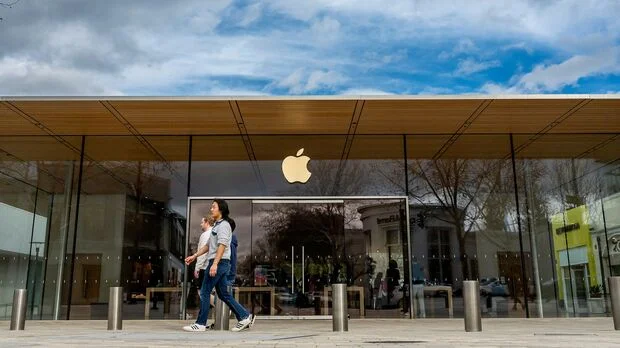
Apple’s AI Ambitions: Smart Glasses, New Chips, and Server Processors on the Horizon
Apple is reportedly making significant strides in its artificial intelligence (AI) endeavors, with plans to integrate AI into its upcoming smart glasses, develop specialized chips for future Macs, and even venture into the realm of AI server processors. This move signals Apple's commitment to staying competitive in the rapidly evolving AI landscape.
Recent reports suggest that Apple's much-rumored smart glasses, potentially launching around 2027, will boast AI-powered features. The company is also said to be working on AirPods with cameras that will include their own set of AI capabilities. While details are still scarce, a glimpse into Apple's AI strategy has emerged through its FastVLM (Visual Language Model), an open ML framework specifically designed for Apple Silicon.

FastVLM offers near-instant high-resolution image processing while requiring significantly less compute power than similar models. According to Apple, FastVLM achieves an optimized trade-off between latency, model size, and accuracy. Its encoder, FastViTHD, is reportedly up to 3.2 times faster and 3.6 times smaller than comparable models, crucial for processing information locally on devices without relying on the cloud. Furthermore, FastVLM's design results in a faster time-to-first-token, meaning speedier processing and quicker responses to user prompts.
Beyond wearables, Apple is also developing specialized chips for its devices. Bloomberg reports that Apple is designing chips for future Macs and data-center AI servers. The processor for AI servers is reportedly codenamed Baltra, developed in partnership with Broadcom, and might be completed by 2027. The report indicates that Apple is exploring different configurations for its server processor, hinting at the potential for substantial processing and graphics power.
While details around Baltra remain speculative, it is being theorized Apple is developing an AI accelerator which would need to scale its NPU (Neural Processing Unit)engine rather than rely on CPU cores. AI servers also need a CPU to schedule data flows and feed data to accelerators so Apple might be developing both CPU and AI accelerators under the project Baltra moniker.
On the Mac front, Apple is planning updates to its M-series chips, with the M5 expected for iPad Pro and MacBook Pro models by the end of 2025. Internally, Apple is developing M6 (codenamed Komodo) and M7 (codenamed Borneo) for future iPad and Mac devices, with another high-end chip, Sotra, also in development.
With these strategic developments, Apple's AI ambitions are becoming increasingly clear. The integration of AI into wearables, the in-house development of specialized chips, and the potential foray into AI servers demonstrate the company's dedication to pushing the boundaries of technology and delivering innovative experiences to its users.
What are your thoughts on Apple's foray into AI-powered smart glasses and server processors? Share your opinions in the comments below!